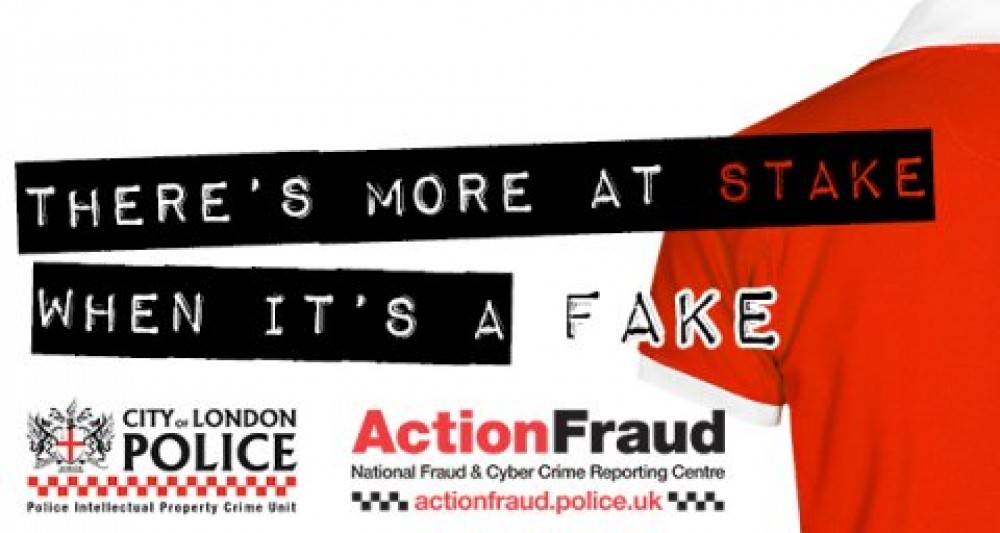Romance Scams: Cyber Safe Advice
What are the risks of romance scams, and how can you protect yourself against them?
The campaign highlights the dangers of buying counterfeit goods which include identity crime.

City of London Police’s Intellectual Property Crime Unit (PIPCU) has launched a new campaign with the warning that ‘there’s more at stake when it’s a fake’.
The campaign highlights the many consequences of buying counterfeit goods online, including identity crime. When buying items, people will part with personal details such as their address and financial information which allows fraudsters to set-up new websites selling counterfeit goods in their name.
Action Fraud has received over 15,000 reports linked to identity crime in the last year (April 2016 – March 2017) which shows the extent of the growing problem. In addition 400 victims have been contacted by PIPCU in the last two years to inform them that their identity is believed to have been stolen and open websites in their name after they had previously purchased counterfeit items online.
Emily's story of counterfeit goods:
How to prevent identity theft with safe shopping:
Take a look at our Report section on the website to report fraud and scams.
(Source- Action Fraud, 2017)